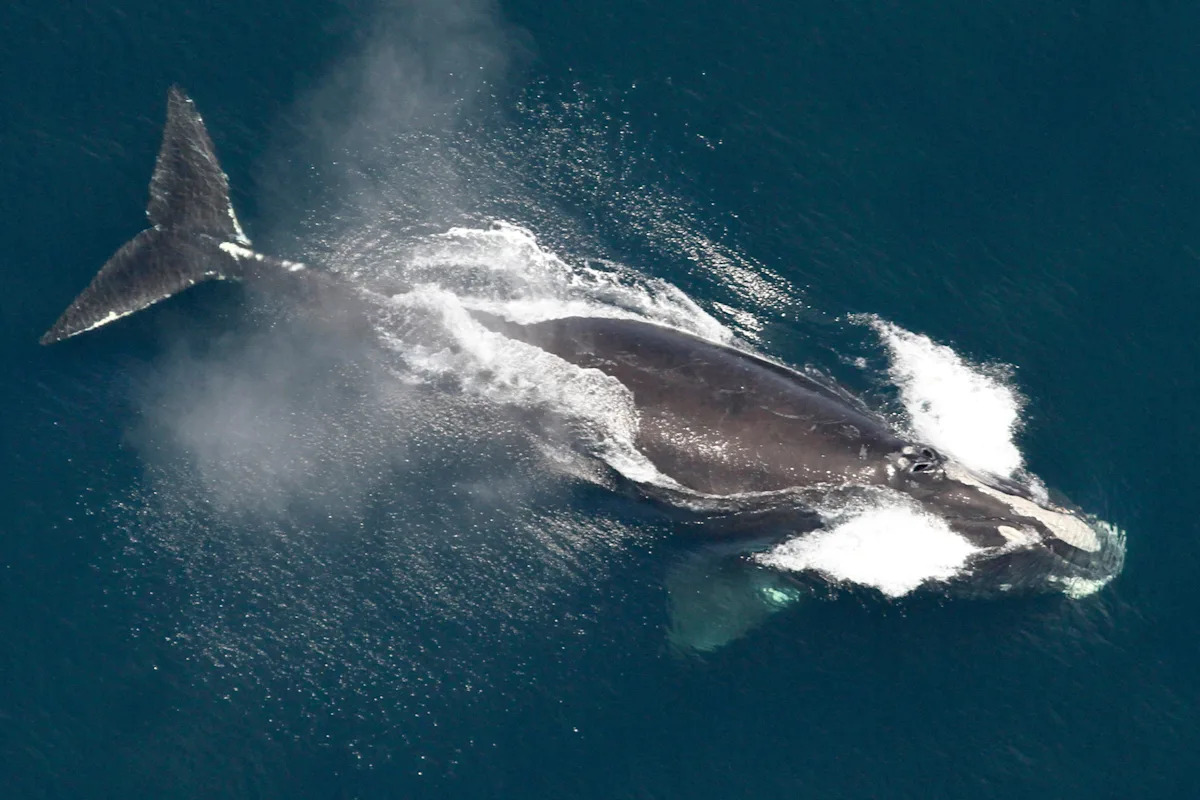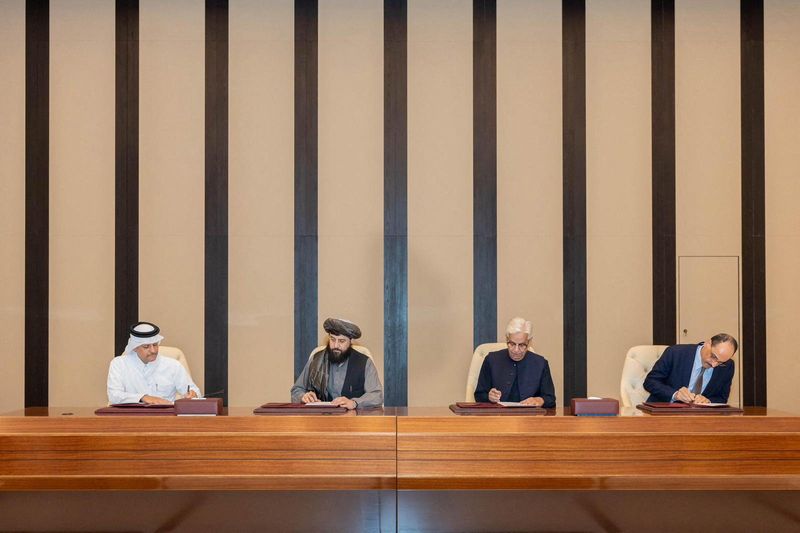Dalal and Tal Shoham, who were released from captivity in February 2025, spoke ahead of the hostage release.
Hours before Monday’s expected hostage handover, Tal Shoham, who spent more than 500 days in Hamas captivity, and Ilan Dalal, father of hostage Guy Gilboa-Dalal — with whom Shoham was held — expressed gratitude to both President Donald Trump and, in a rare moment for hostage families, to the Israeli government.
“Thanks to President Trump for making the impossible possible,” Shoham said, alongside Gilboa-Dalal on a Zoom call with reporters.
Shoham said he was “allowing himself to hope” for the release of his fellow captives on Monday, but was also trying to block those feelings, “so I won’t break if it does not happen.”
He added his regret about not being invited to meet Trump. “I wanted to shake his hand and thank him — not only for this deal but for the deal that released me.”
Shoham was abducted from Kibbutz Beeri on Oct. 7 with his wife, two young children, and other relatives. The women and children were freed in November 2023, and he was released in February this year.

Meanwhile, Ilan Dalal, whose son was taken hostage by Hamas terrorists from the Nova festival, said the first thing he would do when he encounters Guy after his release was “hug him, smell him, and tell him that the nightmare is over.”
But he went on to say that he didn’t know “what kind of son I’m going to get back,” citing the last video released of his son, in which he saw “despair in his eyes.”
“We saw him not the way we knew him. We know Guy as he was two years ago, but after he went through two years of suffering, of starvation, of humiliation, both physical and mental abuse, we don’t know how these things are going to affect him,” Dalal said. “I hope that he will not be so harmed that he cannot rebuild his life.”
Intentionally starved
Shoham spoke at length of his captivity, saying that he was “intentionally starved … for sadistic psychological warfare” receiving between 200 and 300 calories a day to share with fellow hostages Guy and Evyatar David — also set to be released on Monday — first, “to make us suffer,” and second, “to pressure Israeli society.”
He went on to say that his Hamas captors boasted about stealing humanitarian aid.
“I saw with my own eyes that they stole boxes and boxes and boxes of humanitarian aid from Egypt, from Turkey, from the Emirates, but they didn’t agree to give us any of this food in the tunnels,” he said.
But after the February release of Eli Sharabi, Or Levy, and Ohad Ben Ami, all of whom were severely malnourished, his captors began giving “much, much more food,” he said, adding that it was dangerous because they were suffering from malnutrition. “It could have killed us.”
Shoham said his time in captivity included “a lot of torture and cruelty.” Asked to describe one of the worst moments, Shoham declined, saying “disconnecting from the experience” helped him keep on fighting.
“I don’t want to go there,” he added.
Citing unnamed sources, Israel’s Channel 12 News on Sunday evening said the government has assessed that some of the living hostages set to be freed on Monday have undergone torture.
The Red Cross reported that it had seen some of the hostages and found some in serious condition, according to Israeli journalist Ronen Bergman.
Shoham described his captors as “so brainwashed and full of hate,” but for some of them, it didn’t stem from religious motives.
“Some of them [were] religious, but some were only there because this is the popular thing to do. They can take all sadistic thoughts and actions, not just against Israelis, but also against Gazans.” He recounted one incident he had witnessed, in which a Hamas operative shot a Gazan man in the knees because he “looked suspicious,” and later, when the injured man was being attended to by an ambulance, he was executed outright because “they decided that he should die.”
There were moments of humanity, he said — noting that Islam has rules for how to treat captives — but they were “very rare,” and cited instances in which his captors brought him smuggled food and a message from his wife.
He went on to say that most of them were “not soldiers.”
“One of the guards was a first-grade teacher, another was a lecturer at a university, and another was a doctor. These are normal people becoming terrorists,” he said.
Captivity, Shoham said, “forced me to go inward.”
“Only a few people mattered to me — my family and a few close friends,” he said, adding that hearing of his wife and children’s release on the 50th day of their captivity was “tremendous” in helping him get through his ordeal.
The experience also intensified his faith. “I have a lot of gratitude for life. My faith in humanity and in God only increased. It is much more spiritual and religious than before.”
He credited the state with steady support once he came home. “I felt a lot of support from the government — I have a psychologist, financial support — anything that I needed was taken care of. I personally felt a lot of gratitude to my country in these days.”
Asked if he felt any misgivings towards the government for not securing a deal earlier, Ilan Dalal also struck a conciliatory tone.
“Of course, we would have wanted it to be much earlier,” he said. “But the Israeli government also needs to think about the security of Israel. Probably there was a series of processes that needed to be completed before we got to this point.”
He described the psychological toll he and his family had suffered over the past two years. “Sometimes I woke up in great despair,” he said. “Sometimes I had no strength to get out of bed. But then I remembered my son in the tunnels. That he’s counting on us to be his voice. We didn’t have the option to break down.”




